Bulbs
Flower Basics
Flower Beds & Specialty Gardens
Flower Garden
Garden Furniture
Garden Gnomes
Garden Seeds
Garden Sheds
Garden Statues
Garden Tools & Supplies
Gardening Basics
Green & Organic
Groundcovers & Vines
Growing Annuals
Growing Basil
Growing Beans
Growing Berries
Growing Blueberries
Growing Cactus
Growing Corn
Growing Cotton
Growing Edibles
Growing Flowers
Growing Garlic
Growing Grapes
Growing Grass
Growing Herbs
Growing Jasmine
Growing Mint
Growing Mushrooms
Orchids
Growing Peanuts
Growing Perennials
Growing Plants
Growing Rosemary
Growing Roses
Growing Strawberries
Growing Sunflowers
Growing Thyme
Growing Tomatoes
Growing Tulips
Growing Vegetables
Herb Basics
Herb Garden
Indoor Growing
Landscaping Basics
Landscaping Patios
Landscaping Plants
Landscaping Shrubs
Landscaping Trees
Landscaping Walks & Pathways
Lawn Basics
Lawn Maintenance
Lawn Mowers
Lawn Ornaments
Lawn Planting
Lawn Tools
Outdoor Growing
Overall Landscape Planning
Pests, Weeds & Problems
Plant Basics
Rock Garden
Rose Garden
Shrubs
Soil
Specialty Gardens
Trees
Vegetable Garden
Yard Maintenance
Liquid Fertilizers Vs. Granular Fertilizers
Liquid Fertilizers Vs. Granular Fertilizers. Liquid and granular fertilization are the two types of inorganic, or chemical, fertilizers. There are advantages and disadvantages in each. However, whichever is chosen, fertilization is critical to the health of gardens, container plants, lawns, trees, shrubs and vegetables. Fertilizers feed nutrients...
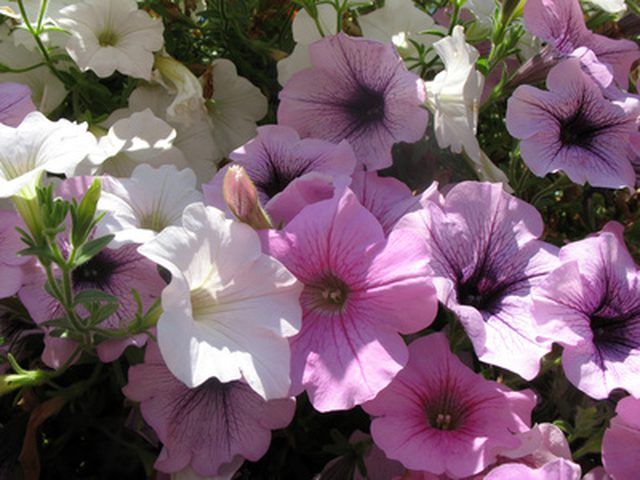
Liquid and granular fertilization are the two types of inorganic, or chemical, fertilizers. There are advantages and disadvantages in each. However, whichever is chosen, fertilization is critical to the health of gardens, container plants, lawns, trees, shrubs and vegetables. Fertilizers feed nutrients into the soil that are essential for maximum growth of blooms, fruits and foliage.
Granular Versus Liquid
Granular fertilizer comes in three types: plain, which is the most commonly used; pelleted or coated, which is uniform and more expensive; and slow-release, which is coated with one of several substances that cause the nutrients to be released over a period of time, usually from three to nine months. Liquid fertilizers are water-soluble and usually come in a form which needs to be diluted with water. The time-release granules are the ones compared below to the liquid fertilizers.
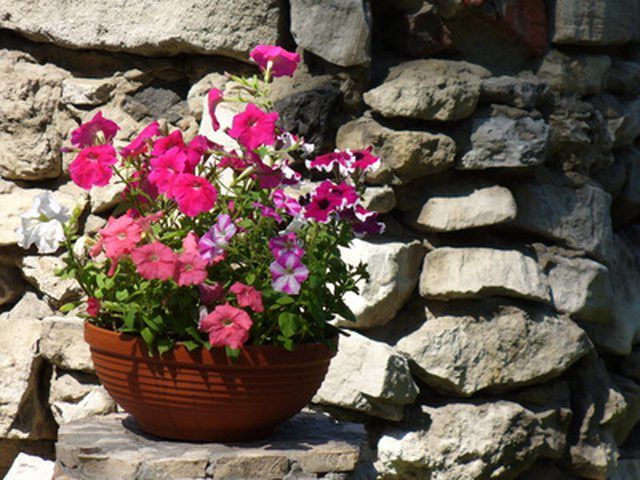
Granular: Advantages & Disadvantages
Granular fertilizers are easy to spread beneath roots when planting and give an immediate burst of growth to the plant. They don't leak out of the soil around the plant as quickly as liquid fertilizers do. However, the strength of the growth-spurting nutrients of granules lessen over time; and if they fall on foliage, they can cause burns.
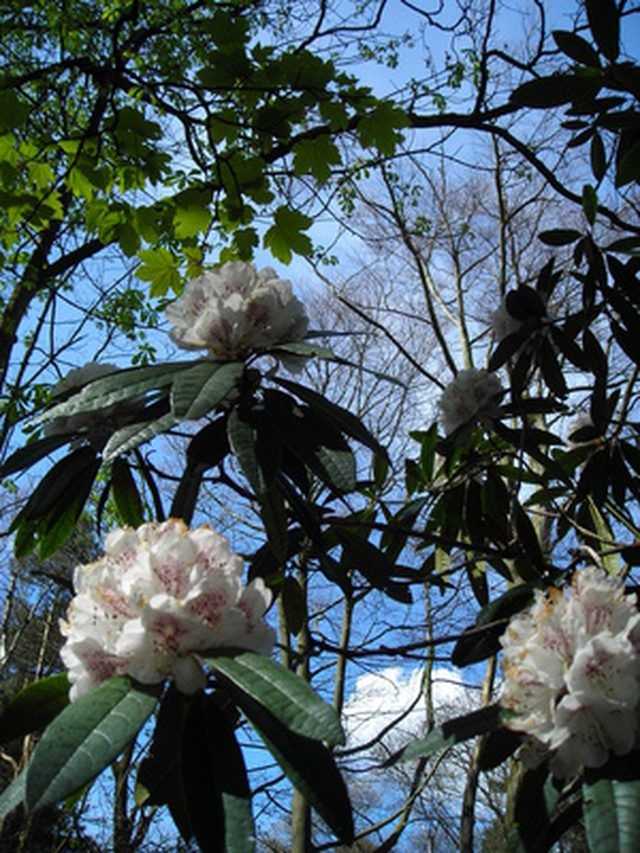
Liquid: Advantages & Disadvantages
Liquid fertilizers act faster than slow-release granules and provide plants with growth-spurring nutrients more frequently. But, because the liquid form tends to diffuse away from the soil where it was initially applied, it needs to be applied more frequently. In addition, additional work is needed in preparing the solution, in contrast to ready-to-use granules.
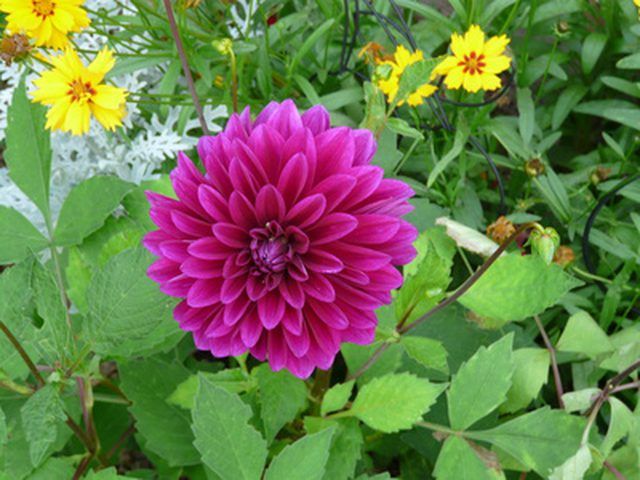
Application
To cover larger areas like lawns or beds before planting, "broadcast" granules-- spread them over the soil by hand or with a spreader, a hand-pushed container that can dispense them. "Top dress," or spread the granules around, the base of single plants. In vegetable gardens, granules should be placed in lines parallel to the rows. Apply liquid fertilizers to the base of plants or the foliage, using a watering can or hose.
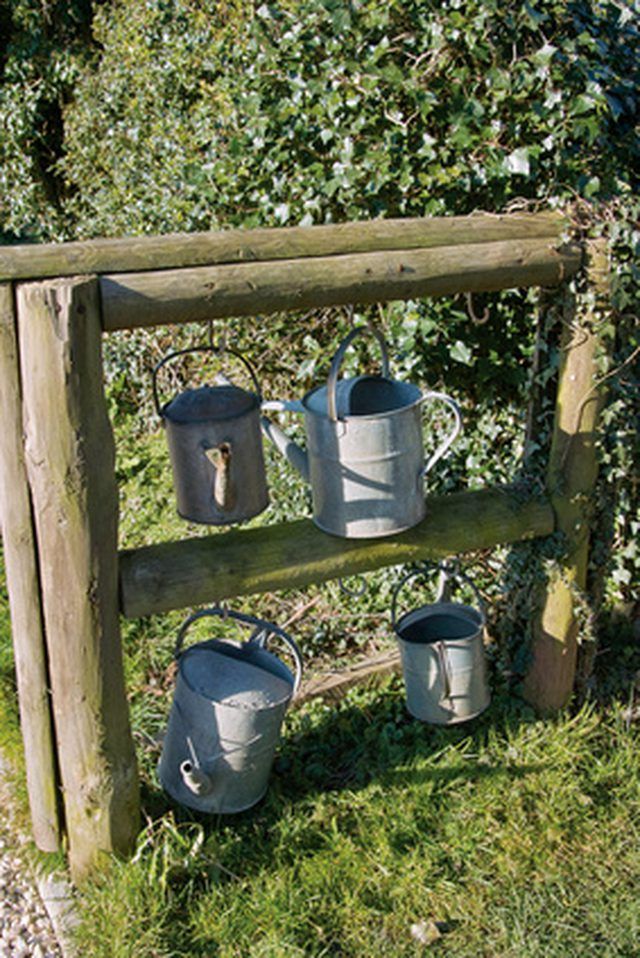
Fertilization Results
The major nutrients in fertilization are nitrogen, phosphorous and potassium. These are required by plants in the largest amounts. Nitrogen promotes green and leafy growth; phosphorous, strong roots, seeds and fruits; and potassium, overall growth and resistance to disease. Fertilizers include other nutrients as well. Soil should be tested for needed nutrients. With the right use of fertilizers, plants will flourish; with incorrect use, they will not thrive.